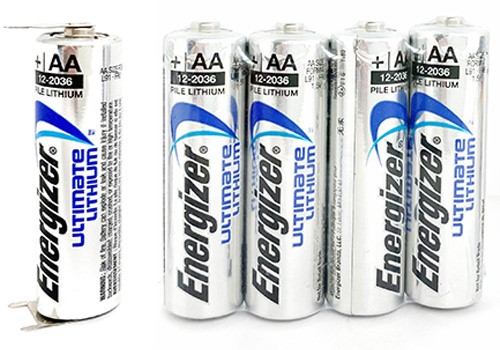Understanding the lithium-ion battery chemistry is crucial to ensuring optimal performance and longevity. The composition of lithium-ion batteries plays a significant role in determining their energy density, safety, and lifespan, making it essential for lithium battery manufacturers and distributors to grasp these concepts.
The Importance of Battery Chemistry
The chemistry of a lithium-ion battery refers to the materials used in its electrodes and electrolyte. These materials influence various aspects of the battery's performance, including its voltage, capacity, charge/discharge rate, and stability. Different lithium-ion chemistries offer distinct advantages and trade-offs, making it essential to select the most suitable option for specific applications.
Energy Density and Performance
One of the primary factors affected by battery chemistry is energy density, which determines the amount of energy stored within a given volume or weight of the battery. For instance, lithium cobalt oxide (LiCoO2) batteries provide the highest energy density, making them ideal for applications where compactness and lightweight are paramount, such as in consumer electronics like smartphones and laptops. On the other hand, lithium iron phosphate (LiFePO4) batteries offer slightly lower energy density but excel in high-power applications, such as power tools and electric vehicles, due to their superior safety and stability.
Safety Considerations
Safety is another critical aspect influenced by battery chemistry. While lithium cobalt oxide batteries offer high energy density, they are more prone to thermal runaway and safety hazards, especially when subjected to overcharging or physical damage. In contrast, lithium iron phosphate batteries are renowned for their exceptional safety profile, thanks to their stable chemistry and resistance to overheating.
Longevity and Cycle Life
Battery chemistry also impacts the longevity and cycle life of lithium-ion batteries. Lithium cobalt oxide batteries typically have a higher self-discharge rate and shorter lifespan compared to other chemistries, making them less suitable for long-term applications. Conversely, lithium iron phosphate batteries boast excellent cycle life and calendar life, making them ideal for energy storage systems and other applications requiring extended durability and reliability.
Transporting Lithium Batteries by Road
When transporting lithium batteries by road, it's crucial to adhere to strict regulations and safety guidelines to mitigate the risk of accidents or incidents. Proper packaging, labeling, and handling procedures are essential to ensure the safe transport of lithium-ion batteries and minimize the potential for thermal runaway or fire.
Summing Up
The chemistry of lithium-ion batteries plays a significant role in determining their performance, safety, and longevity. As a lithium battery distributor, it's imperative to understand the nuances of different battery chemistries and their suitability for various applications. By selecting the right chemistry and adhering to best practices in handling and transportation, lithium-ion batteries distributors can ensure the reliable supply and safe use of lithium-ion batteries in diverse industries. For high-quality lithium-ion batteries tailored to your specific needs, trust Emerging Power to deliver innovative solutions and exceptional performance.

